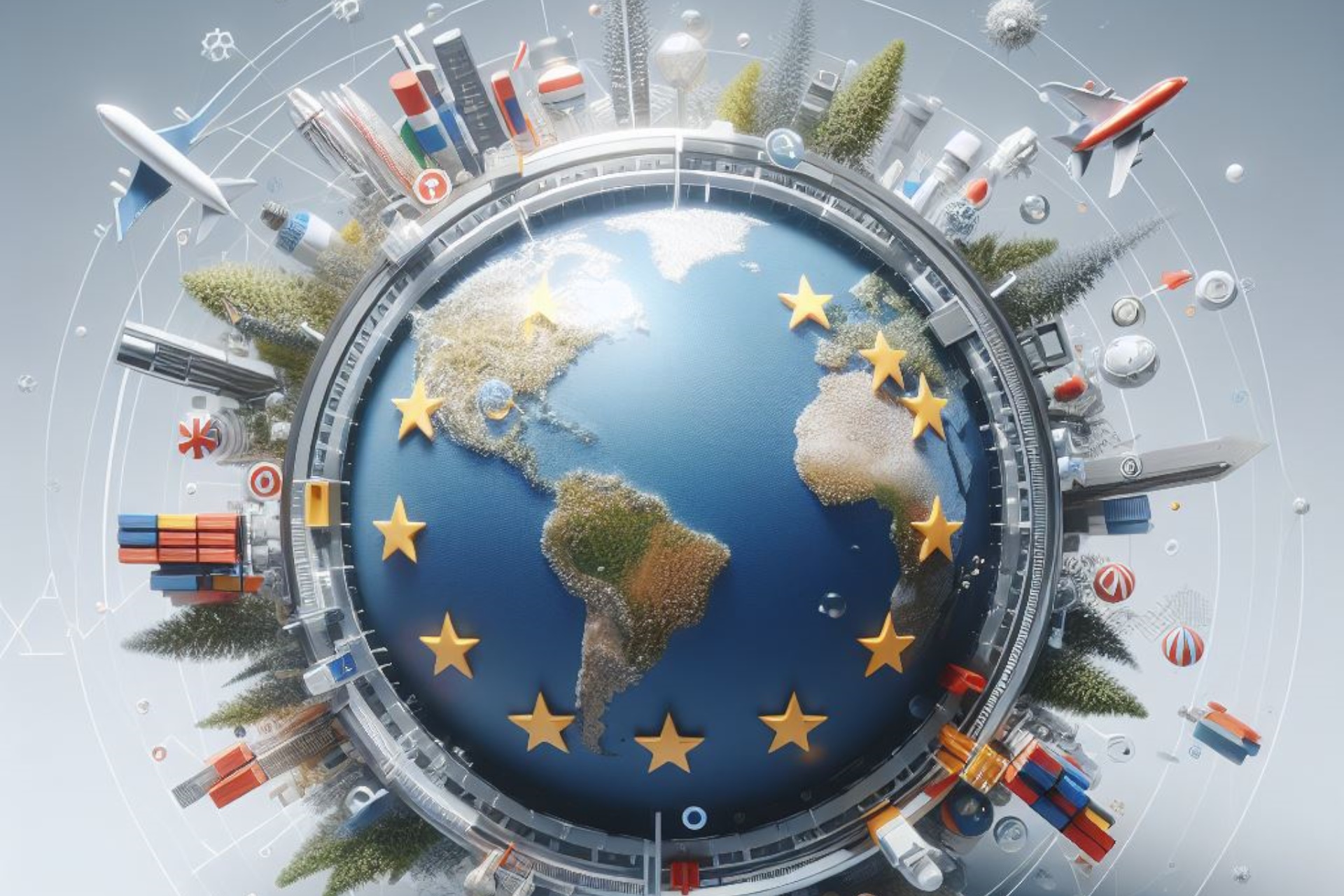In an era marked by geopolitical shifts and economic fluctuations, the landscape of cross-border trade policies remains turbulent. As global powers renegotiate agreements and impose tariffs, businesses in Asia are compelled to navigate through a maze of uncertainties. Yet, amidst these challenges, Asia's response to cross-border trade policy uncertainties showcases resilience, adaptability, and innovation.
Historically, Asia has been a pivotal player in global trade, fostering economic interdependence and driving growth. However, the region is not immune to the ripple effects of protectionist measures and trade tensions. The escalating trade disputes between major economies have created a ripple effect, disrupting supply chains and impacting market stability. In such a climate, businesses face the daunting task of mitigating risks while capitalizing on opportunities.
One of the key strategies employed by Asian businesses is diversification. Recognizing the volatility of traditional markets, companies are expanding their footprint across multiple regions, reducing reliance on any single market or supplier. This diversification strategy acts as a buffer against sudden policy changes and trade disruptions, allowing businesses to maintain continuity and resilience.
Moreover, Asia's response to cross-border trade policy uncertainties is characterized by a proactive approach to regulatory compliance. With evolving trade regulations and tariffs, businesses are investing in robust compliance frameworks to ensure adherence to international standards. By staying abreast of regulatory changes and implementing agile compliance mechanisms, Asian companies position themselves to navigate complex trade environments effectively.
Furthermore, technology emerges as a driving force in Asia's response to trade uncertainties. Digitalization and automation streamline trade processes, enhancing efficiency and reducing costs. Technologies such as blockchain facilitate transparent and secure transactions, mitigating risks associated with cross-border trade. Additionally, e-commerce platforms empower businesses to reach global markets directly, bypassing traditional trade barriers and intermediaries.
Collaboration also plays a crucial role in Asia's response to cross-border trade policy uncertainties. Regional trade agreements and partnerships foster greater economic integration, creating avenues for cooperation and mutual benefit. Initiatives such as the Regional Comprehensive Economic Partnership (RCEP) and the Belt and Road Initiative (BRI) facilitate trade flows and infrastructure development, strengthening Asia's resilience in the face of external uncertainties.
#AsiaTrade #CrossBorderTrade #TradePolicy #AsiaEconomy #TradeUncertainties #BusinessStrategy #GlobalTrade #RegionalIntegration #SupplyChainManagement #TradeCompliance #TechnologyInTrade #EconomicResilience #InnovationInTrade
Read more views

















































































